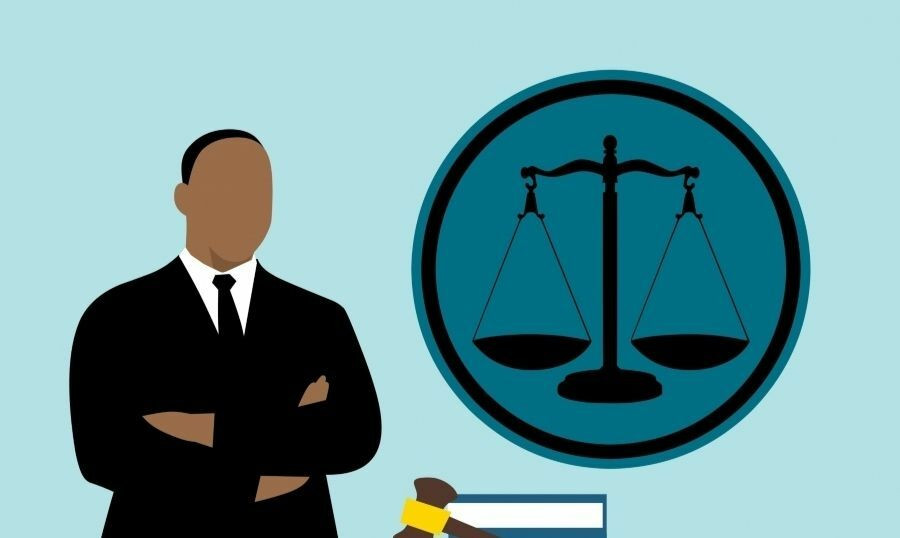The best course of action would be to obtain legal assistance as quickly as possible.
Some individuals believe they can avoid the consequences of a lawsuit by disposing of their assets. This is because when an individual starts a lawsuit in Canada, a judge may order judgement for that individual, but the judge is not responsible for ensuring that the judgement is paid. At that point, it will be up to the individual who received judgement to take the steps necessary to ensure that judgement is paid. This could be done by garnishing part of the defendant’s salary, or placing a lien on a property if they have title; forcing the sale of the property in six months.
If a lawsuit is launched against someone without a job, or an asset such as a house, it may be difficult to ensure that payment is received once judgement is granted. Individuals who are being sued may try to transfer their assets, such as a car or home, to family members, with the belief that the person suing them cannot take what the defendant no longer owns.
Courts and lawmakers are aware that defendants in a lawsuit may employ such tactics in order to escape payment of judgement. As such, there are a number of remedies available to those who sue in order to stop the effect of such transfers.
The first remedy is a certificate of pending litigation. A certificate of pending litigation is a document that is registered on title to a property. It alerts the public that the property is the subject of litigation which discourages potential purchasers from buying it. A certificate of pending litigation is appropriate where the lawsuit involves that particular property, or the defendant is in the process of transferring, or has already transferred the property out of the claimant’s reach should they obtain judgement.
The second remedy is what is known as an injunction. An injunction is a court order stopping a defendant from doing something. For example, if you sued someone for $50,000, and on the same day, they transferred one of their properties to their spouse for no value, you could ask the court to prevent them from transferring any other properties until the lawsuit is decided by the court. This is because the court may allow litigants to secure the property needed to satisfy the potential $50,000 judgment. In this case, the claimant should be able to demonstrate to the court that he or she is likely to succeed at trial and that the defendant is disposing their assets.
The third remedy occurs after the defendant has disposed of their property. If a defendant disposes of their property for a small amount (i.e. $2.00), it is possible to have that transfer erased if the claimant is able to convince the court that it was transferred fraudulently. This is what is called a fraudulent conveyance. A claimant with judgement can still seize the property in order to satisfy the judgement, even if it has been transferred to someone else.
For the reasons outlined above, an individual who is being sued may not be able to successfully avoid the consequences of a lawsuit by transferring assets, but it is up to the individual who started the lawsuit to take the necessary steps to make this request in court.







